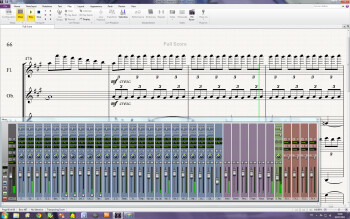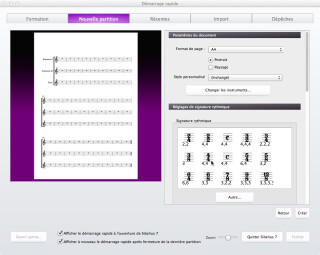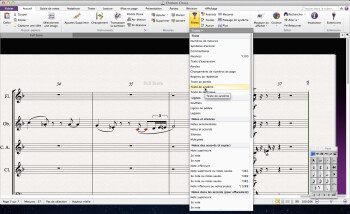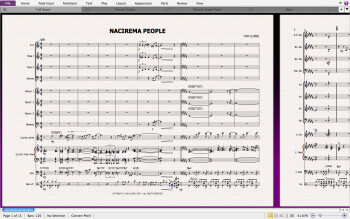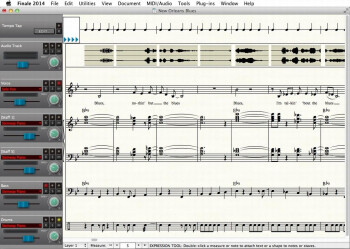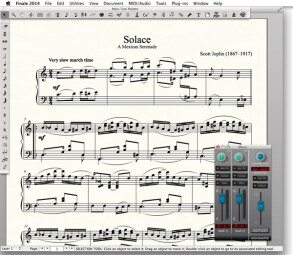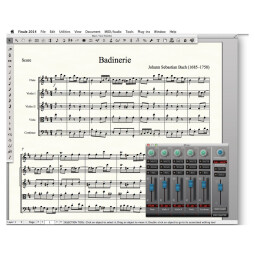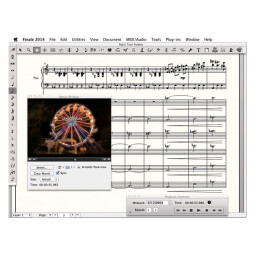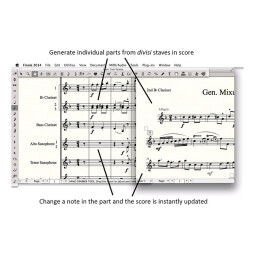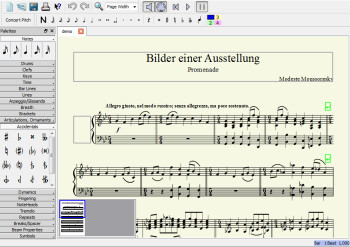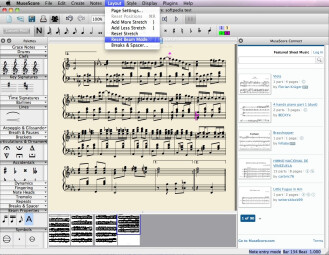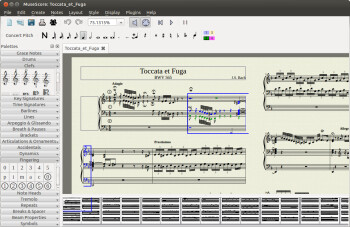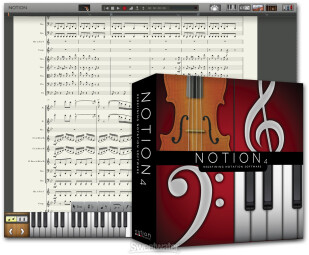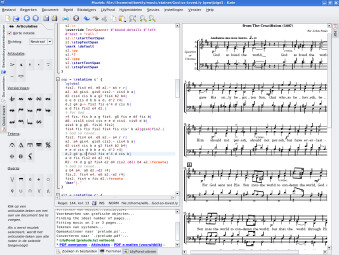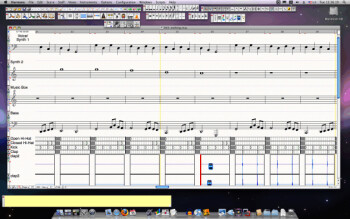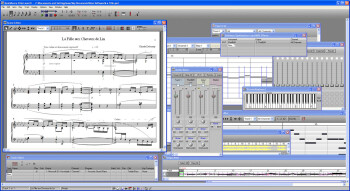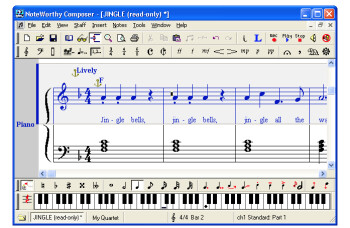While it's true that staff paper sheets and notebooks haven't disappeared yet, we must also admit that computers have made the task of composers and songwriters simpler by giving them the possibility to easily edit their scores and play them in real time. Plus, they allow them to save thousands of pages in ever more compact media. We asked the Audiofanzine community what their favorite notation software was, and here are the results.
AVID Sibelius
The first Sibelius version, which earned the first place in our survey, came out in 1993 for Acorn Archimedes computers and was developed by English twins Ben and Jonathan Finn. It wasn’t until 1998 and 1999, respectively, when we saw the first Windows and Mac OS versions arrive on the market. In 2006, Sibelius was bought by AVID Technology, who already had Pro Tools in its catalog. Since the last versions, it is now tablet compatible and allows to publish sheet music directly to the internet, as well as to use virtual instruments to play back and listen to your own sheet music. PhotoScore adds handwriting recognition to the software to be able to import paper sheet music into Sibelius, and AudioScore allows you to transform an audio file into sheet music.
MakeMusic! Finale
Finale, Sibelius’s main rival created by Phil Farrand, was born in 1988 and it is still compatible with Windows and Mac OS X. With the 2006 version, the software included the Garritan Personal Orchestra sound library (and it can be with virtual instruments), a SmartScore scan module (character recognition) and StudioView. In 2009 it introduced the new Garritan “Aria Player Engine.” Just like Sibelius, it has a feature that allows us to write a score whistling or playing a melody with an instrument.
MuseScore
Unlike the first two software programs, MuseScore is free and open source, and is available for Windows, Mac OS X and Linux. Originally, the software was a module within the MusE sequencer, before it was removed from the latter and made a standalone software. In 2008, the site musescore.org was launched, and version 1.0 saw the light of day in 2011. Version 2.0 is still in development. The software includes a sequencer, a sound and effects library to be able to hear the scores, and it can natively import several formats like MusicXML (but not Finale or Sibelius files directly), MIDI, Overture and even Band-in-a-Box. It also offers the possibility to publish directly to the internet and an Android version came out in 2012 (iOS version still in development).
And the rest
Notion came in 4th. It exists since 2005 and has the particularity of featuring a sound library recorded in the mythical Abbey Road studios by the London Symphony Orchestra. LilyPond is a free software that exists since 1996 and was created by high-school students. It works with a text file where the music is described to then be compiled into sheet music. We can also mention Harmony Assistant, NoteWorthy Composer and even QuickScore by Sion Software.


